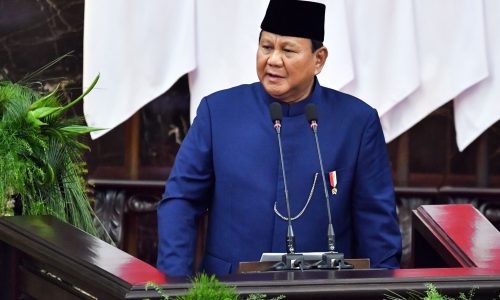The Indonesian Ministry of Trade has recently lifted a ban on sea sand exports that had been in place for over two decades, triggering controversy due to their potential long-term environmental impacts.
This policy shift was detailed in two new ministerial regulations, which were issued on August 29, 2024.
The new regulations, Minister of Trade Regulation No. 20/2024 and Minister of Trade Regulation No. 21/2024, amend previous trade rules to align with Government Regulation No. 26/2023 on the Management of Marine Sediment. This decision follows a proposal from the Ministry of Marine Affairs and Fisheries (KKP).
Isy Karim, Director General of Foreign Trade at the Ministry of Trade, said that the revised regulations are intended to ensure that sea sand exports occur only after domestic needs are met.
The aim is to manage sedimentation and support coastal and marine ecosystem health while using sedimentation for development and ecosystem restoration.
The new regulations require exporters to meet specific requirements, including being a Registered Exporter (ET), having Export Approval (PE), and providing a Surveyor Report (LS).
Sea sand exports were previously halted in February 2002 due to environmental concerns. According to the Indonesia Environmental Forum (Walhi), the economic benefits of sea sand exports are outweighed by potential losses, estimating a loss of up to five times the profits from such exports.
Walhi’s Coastal and Small Island Campaign Manager, Parid Ridwanuddin, warned that the environmental damage from sand extraction could severely impact local fisheries and require substantial recovery efforts.
He urged the government to reconsider this policy, emphasizing the need for a comprehensive environmental impact assessment and a possible reversal of the current regulation.









